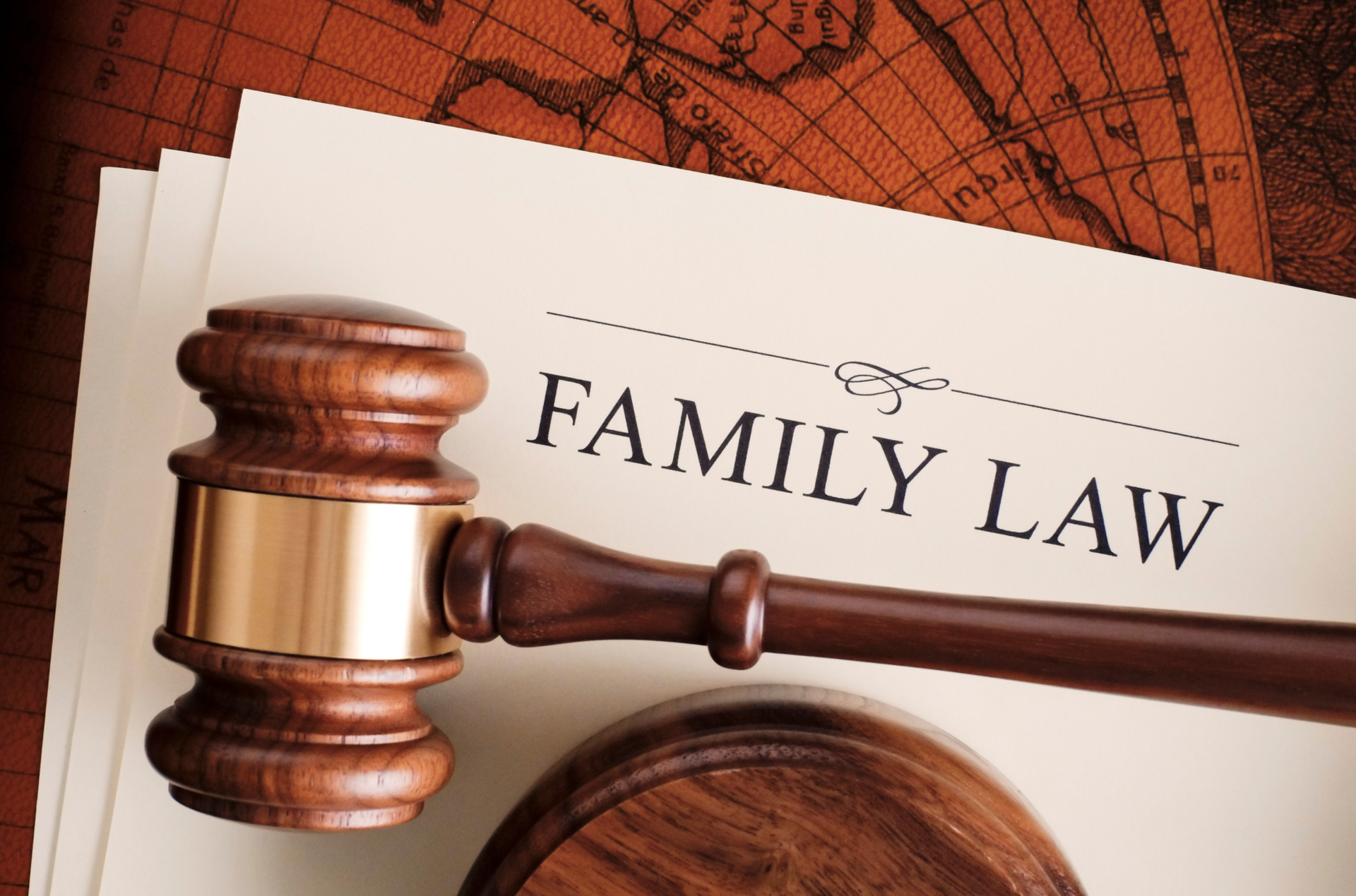What is Adoption Assistance?
Each year, about 135,000 children are adopted in the United States. A significant portion of these have some form of special need. Special needs can arise for many different reasons not limited to disability. Whatever the case, special needs children often require exceptional care, and that can be costly.
Love and acceptance are the most important parts of any adoption process. At the same time, parents want to feel confident they will sustainably meet their child’s long-term needs. To ensure special needs adoptions are not limited to the very wealthy, there are benefit programs adoptive parents can access.
Each state maintains its own adoption assistance program.
Understanding Adoption Assistance and Adoption Subsidy
Adoption assistance, also known as adoption subsidy, provides financial assistance and access to special services for children with defined special needs. Kids with a physical, mental, or developmental disability make up the majority of those who qualify.
By the time a child enters the child welfare system or goes up for adoption, he or she has usually already been identified as having special needs. Information about the needs is provided to prospective parents. It’s important for parents make a fully informed decision.
If a parent or parents should decide to adopt a child with special needs, then they may become eligible to access adoption assistance on the child’s behalf. The assistance is not provided until an adoption is fully complete and parental rights are conferred on the adoptive parents.
Adoption Assistance Compared to Other Benefits Programs
Adoption assistance programs are defined by federal law and operated on a state-by-state basis. They require the parents to be state residents. If you move to another state, you will usually need to reapply, and benefit amounts and classifications are sure to vary.
Adoption assistance is distinct from any other benefit or program your family may qualify for on the federal level. For example, a child might qualify for SSI, or Supplemental Security Income, through the Social Security Administration. This money helps defray the cost of medical care and living expenses.
SSI is intended for children and for adults whose diagnosed medical conditions make it difficult for them to work and interfere with a defined set of Activities of Daily Living (ADLs). If your family qualifies for a state adoption assistance benefit, you might also qualify for this or other programs.
Qualifying for Adoption Assistance
In addition to physical, mental, emotional, and developmental disabilities, some other factors may enable a child to receive adoption assistance. These include:
- older age at the time of adoption (five years or older)
- minority racial or ethnic background
- being in a sibling group of two or more placed in the same home
- A “guarded prognosis” with potential future health problems or other issues
The amount of assistance varies by state and according to the child’s needs. The assistance package typically includes a monthly maintenance payment, access to some childcare, and Medicaid eligibility. Some states are straightforward when it comes to providing precise details; others are not.
As a result, even an adoption agency may not be able to tell you exactly what a child may qualify for.
A local family law attorney can help you get specific information from state agencies. When your family law attorney coordinates with the adoption agency on your behalf, it becomes that much easier to make sure you have full documentation of a child’s special needs and can apply for assistance promptly.
Modern Family Formation has helped thousands of families complete successful adoptions in Maryland, Virginia, and Washington, DC. Contact us today for insight into your family’s unique situation.












